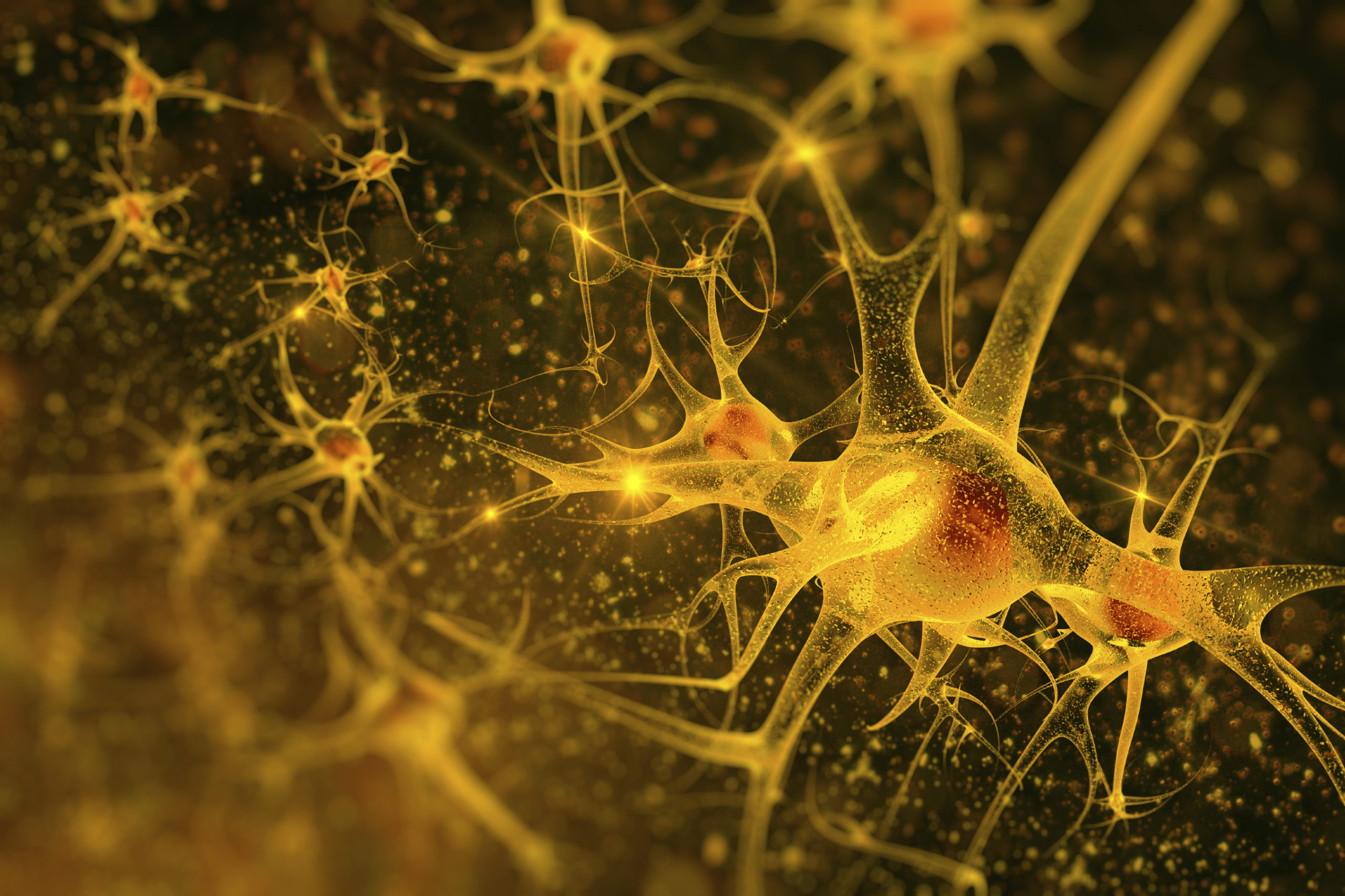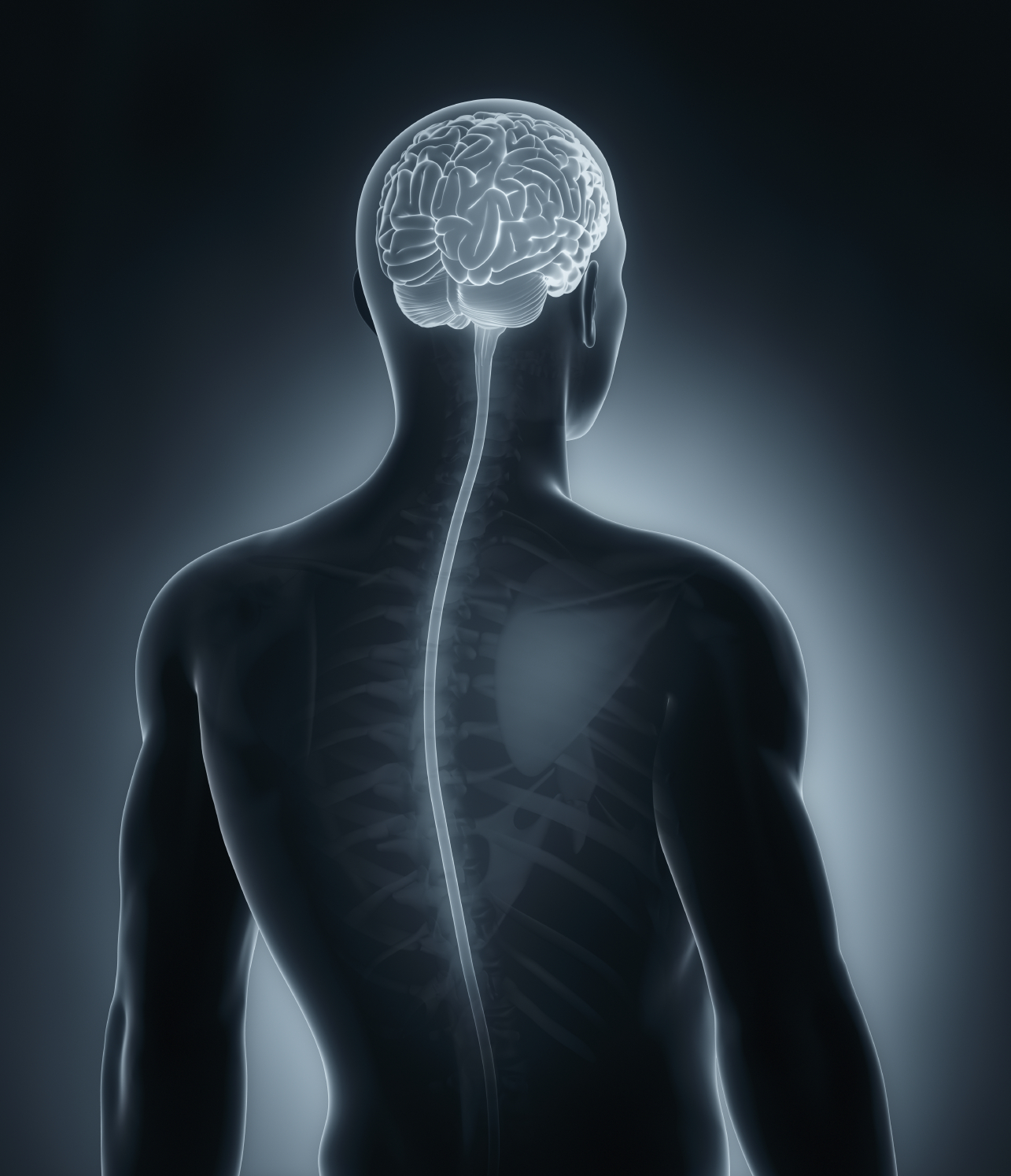Tag: Neurology and Neuroscience
-

New Key Genes in Parkinson’s Disease Identified Using CRISPR Technology
A new Northwestern Medicine study published in Science has identified a new set of genes that contribute to the risk of Parkinson’s disease, opening the door to previously untapped drug targets for treating the disease.
-

Alzheimer’s Treatment May Lie in the Brain’s Own Cleanup Crew
A new Northwestern Medicine study suggests a promising alternative to current approaches to Alzheimer’s disease: enhancing the brain’s own immune cells to clear amyloid plaques more effectively.
-

Understanding How Metabolism Contributes to Parkinson’s Disease
Northwestern Medicine investigators have uncovered new insights into how metabolic dysfunction contributes to Parkinson’s disease, according to a study published in Nature Communications.
-

Novel Approach Pinpoints Genetic Variants Linked to Parkinson’s Disease Risk
Investigators have developed a novel approach that can better identify genetic variant interactions that are associated with increased risk of Parkinson’s disease, according to a recent study published in Brain.
-

How Your Breathing Coordinates Brain Rhythms During Sleep
For the first time in humans, breathing rhythms during sleep have been linked to hippocampal brain waves that strengthen memory consolidation, according to a recent Northwestern study.
-

Imaging Study Provides New Understanding of Brain Communication and Social Interaction
A new study has found the more recently evolved and advanced parts of the human brain that support social interactions are in constant communication with an ancient part of the brain called the amygdala.
-

Les Turner Symposium on ALS Unites Community Around Research and Patient Care
Northwestern scientists, clinicians, and members of the ALS community gathered in the Feinberg Pavilion for the 14th annual Les Turner Symposium on ALS to celebrate progress and share the latest research in hopes of better understanding and treating the disease.
-

Chronic Pain Can Be Predicted Within Three Days of an Injury
Within a few days of injury, scientists can predict which patients will develop chronic pain based on the extent of cross “talk” between two regions of the brain, and the person’s anxiety level after the injury, according to a new Northwestern study.
-

Little-Studied RNA Might be Key to Regulating Genetic Disorders Like Epilepsy, Autism
Scientists have discovered an RNA that controls how much or how little protein is produced by a gene, with implications for neurodevelopmental disorders like epilepsy and autism.
-

Vital Language Sites in the Brain Act Like Connectors in a Social Network
A new Northwestern Medicine study may better inform doctors’ decisions about which brain areas to preserve during surgery, thereby improving patients’ language function after brain surgery.






